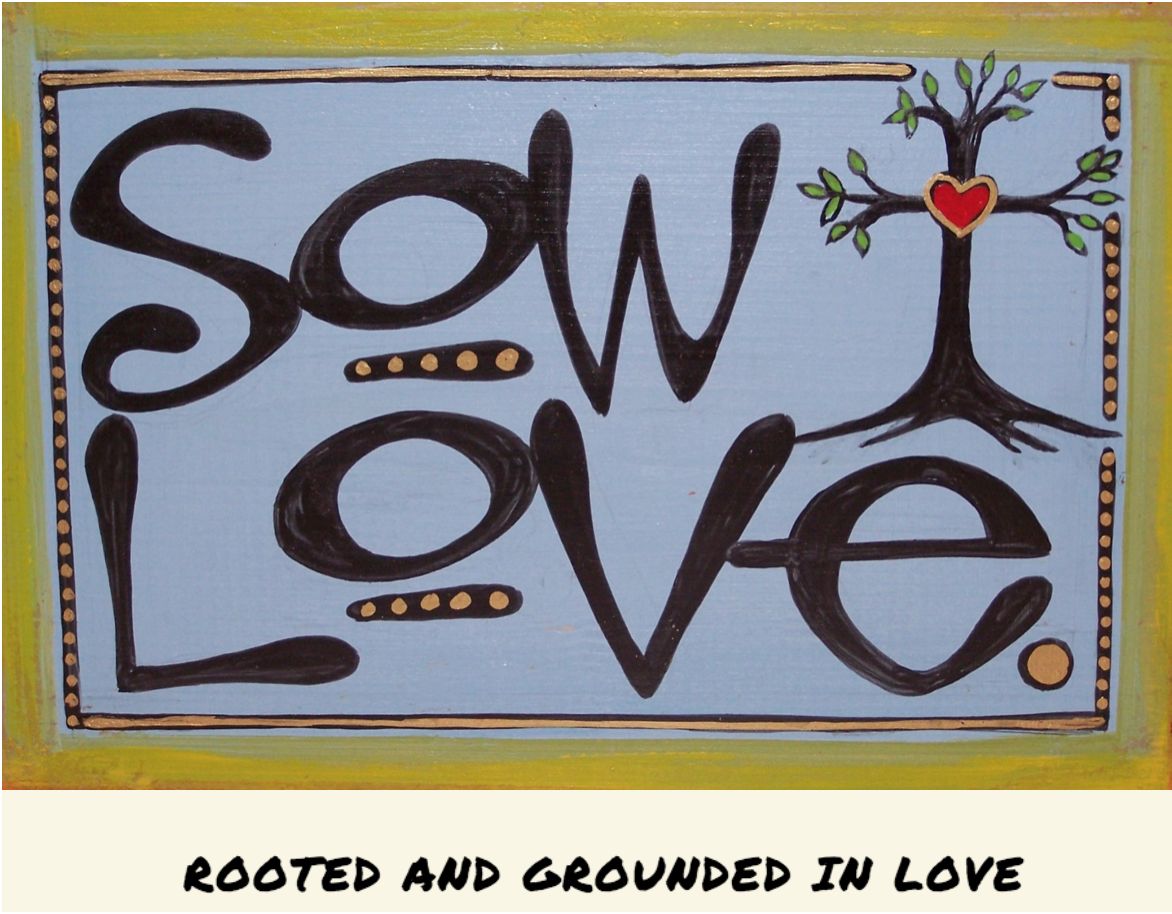This week Robert Kelly’s children became an international sensation when they burst into the home office where their dad was giving an interview to the BBC. Within a day, 84 million people had accessed the video to watch the antics of four-year-old birthday girl Marion bopping into the room followed by her eight-month old baby brother James careening around in his walker. South Korean expert Kelly tried to maintain gravitas, but when his wife crawled into the room on her hands and knees in a futile attempt to cover the commotion, the interview was over, its fleeting and hilarious moment in pop culture secure.
Even as I watched, I cringed a little, wondering what Dr. Kelly might be feeling. Was he humiliated? Annoyed with his wife for letting them interrupt? Anxious about his professional reputation? If it had been me, I would have lain awake that night wondering if the BBC would ever call me again…
Kelly responded with grace and good humor. When he and his wife were interviewed a few days after their domestic chaos was viewed round the globe, Kelly took complete responsibility for failing to lock the door behind him as he prepared, and went on to say:
“I mean it was terribly cute… I saw the video just like everybody else. My wife did a great job cleaning up a really unanticipated situation as best she possibly could… it was funny. If you watch the tape I was sort of struggling to keep my own laughs down. They’re little kids and that’s how things are….” (emphasis mine)
Rather than being anxious, Kelly saw the humor in his family’s awkward moment and praised his wife. I am sure Kelly cares about his professional reputation (after all, it’s how he provides for the family he clearly adores), but he cares more about his relationship with his kids: “Yes, I was mortified, but I also want my kids feeling comfortable coming to me.” His words make me think of another, perfect Father, Who went to extreme lengths to grant His children unfettered access to Him.
In one of my favorite Psalms, David describes who God is and how He relates to us as His children. The psalm opens with David speaking directly to his own soul, encouraging himself to remember that God forgives, heals, redeems and satisfies us as He crowns us with “lovingkindness and tender mercies.” (v 2-5). He does not give us what we deserve, but rather removes our sins from us, “as far as the east is from the west.” (v.12) Why? Because He is a compassionate Father: “He knows our frame; He remembers that we are dust.” (v.14) In other words, He knows exactly what we are capable of, and what we are not. “They’re little kids and that’s how things are…”
Of course God does not condone or excuse sin. “The Lord has compassion on those who fear Him.” (v.13) But He is never disappointed in us because that would mean He had an expectation we failed to meet, when in fact He knew where we would miss the mark before we were ever born. He is “merciful and gracious, slow to anger and abounding in mercy” (v.8) because He knows we need His patient longsuffering. And we need to be able to come freely to Him.
Robert Kelly’s kids felt so comfortable coming to their dad because they trust him. They know he treasures them, and so they don’t hesitate to barge into his office. Because of Jesus, you and I have the freedom to barge into God’s office. The door isn’t even closed- it’s been taken off the hinges. He’s not mad at you. You won’t interrupt Him. Jesus, His cross and His resurrection, is all the proof you could ever want of His compassionate commitment to you. I can bring him my shame and He will take it, giving me in exchange mercy, forgiveness and the righteousness of Christ.
Which leads me to wonder: when my child comes to me with his mistakes and his sin, how do I respond?
My reaction to my child’s error reveals a lot about my own heart, and my emotions can be even more intense if the error is public. Take, for instance, an inappropriate post on Instagram. Certainly a mistake like that can have far-reaching consequences, but I need to examine my own heart carefully before I discuss the issue with my child. What are my emotions? If I am angry because he or she has embarrassed me, I need to repent of my pride before God. My child’s mistakes are not really about me, they are about him. Furthermore, if I am worried about how his sin reflects on me, he will sense my shame. I will lose the chance to give him the grace that God has given me.
I want my boys to know how I treasure them. I want them to come to me with anything: their goofy puns, favorite songs, funny stories; their broken hearts, painful confusion, and messy sinful selves. I want them to know I won’t make their troubles about me. I pray I will remember that they’re (not-so-little) kids, and that’s how things are.
My children, like me, are made of dust. But my children, like me, have a Father who “delights in showing unfailing love.” (Micah 7:18)

